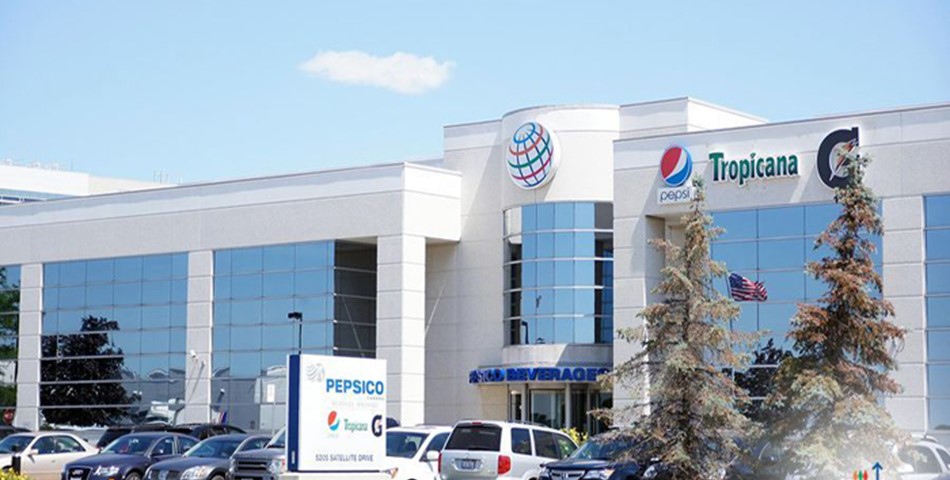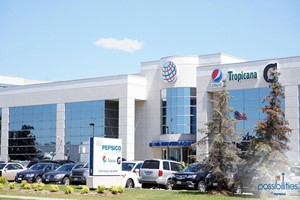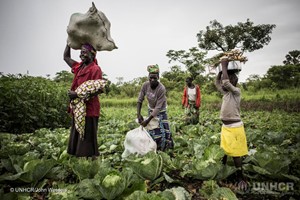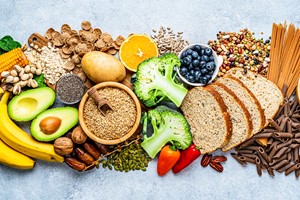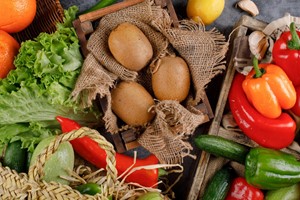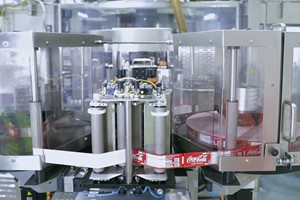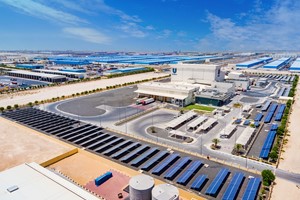Global F&B giant PepsiCo is on the hunt for novel sustainability technology in the food and beverage sector to complement its business within the Middle Eastern region, with plans to look at other markets including Asia Pacific in the future as well.
PepsiCo launched its PepsiCo Greenhouse Accelerator program for the Middle East and North Africa (MENA) region in November last year, its first edition specially focused on the region. Earlier this, year, the firm announced 10 local finalists had been shortlisted and awarded a US$20,000 grant as well as guided mentorships and are now going through the six-month accelerator program in hopes of winning a US$100,000 grant from PepsiCo at the completion of this.
At PepsiCo, our sustainability approach is integrated into, not separate from, our business. We’ve thought very hard about how to ensure that our approach [has] a meaningful, tangible impact on building a more sustainable food system [and] realized that innovation is crucial to our efforts. PepsiCo CEO Africa, Middle East and South Asia Eugene Willemsen told Food Navigator-Asia.
Therefore, we want to nurture the next generation of innovators by supporting start-ups and entrepreneurs to launch and grow new businesses that are looking to change the future of the global food supply chain.
Willemsen added that PepsiCo received over 70 applications from across the MENA region, with the final Top 10 finalists hailing from UAE, Saudi Arabia, Jordan and Lebanon. Amongst these were Al Tabeeah (using compostable materials such as Areca leaves and Sal leaves to make packaging), Cycled Technologies (AI-powered SmartBin for recycling sorting), Okeanos (using calcium carbonate tech to reduce plastic content in packaging) and more.
When asked whether the Greenhouse Accelerator program would be brought to the Asia Pacific any time in the near future, Willemsen remained coy on exact dates but highlighted that the program is meant to have a global reach.
“The accelerator program was first launched in Europe in 2017 and has run for five editions, this is the first MENA one [and] we expect to expand the Greenhouse Accelerator by reviewing more companies in the future across regions and countries while also continuing to support its previous participants, “he said.
“We recognize that [sustainability] is a global issue that requires participants from across the globe [and is not limited to in any one region].”
Working with consumers and government in the Middle East
In addition to searching for new sustainable technologies to improve sustainable production, Willemsen highlighted that PepsiCo’s wide consumer reach due to its many popular and well-accepted food and beverage brands ranging from Pepsi to Lay’s makes it even more crucial for sustainability to be a message that disseminated to consumers beyond just the company itself making greener changes.
“As one of the world’s largest food and beverage companies, we know we have an important role to play in helping build a circular and inclusive value chain that inspires people to make choices that are positive for the planet,” he said.
“PepsiCo operates in more than 200 countries and sources crops from over seven million acres, so we have an opportunity and a responsibility to use our size and scale to help build a more sustainable food system – this is no different in MENA.
By Pearly Neo




